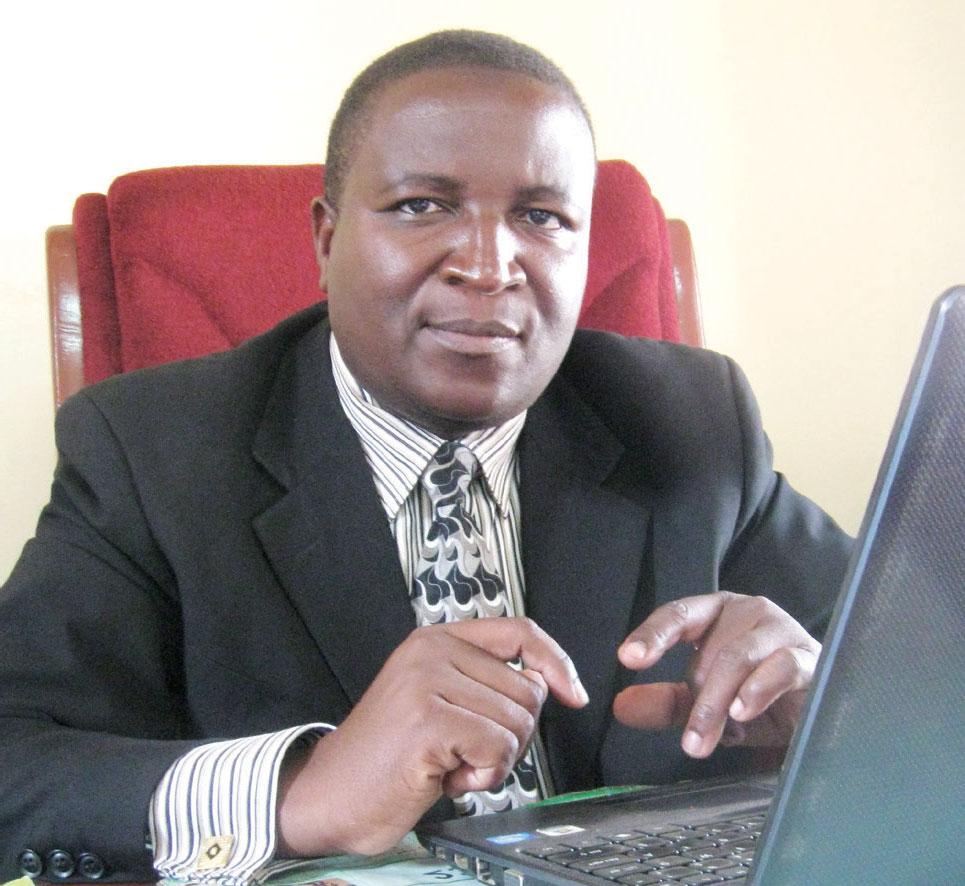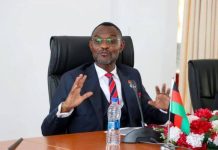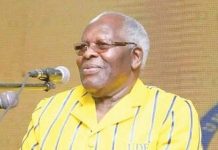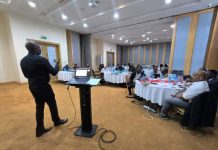Africa-Press – Malawi. The misery of Rute Nyasaka, born on 11 April 1986 in the area of Group Village Headman, Kaphuka, Traditional Authority Kaphuka in Dedza, started immediately after she gave birth to twins on 22 July 2002 at Nkhoma Mission Hospital.
The twins died soon afterwards; but she lived longer in mental and physical pain. According to her mother, Elitina Kaphamtengo, prior to her delivery, Rute had no history of any medical condition.
“She did not have any complications while delivering at the hospital but she changed immediately after delivering the twins. She could not walk, we had to do everything for her,” she said.
She further explained that as per medical practitioners recommendation, they spent 30 days at the facility while she was being monitored. “Before being discharged, she was put on oxygen for seven days,” she claimed.
After going through the pain, Rute died on October 8 2021, leaving behind two other children. Kaphamtengo feels that the public healthcare workers did not do enough after she and her daughter returned home.
“They supervised her for only, a few months. As family we feel that they gave up too soon on her. They said that she had a damaged spinal cord,” she said. Kaphamtengo admits that looking after her daughter was a real challenge for her.
“Doing everything for her was not easy. I had to make sure that she was eating and bathing every day. I also had to find time to work in our field,” she said.
For income, with which to look after her daughter in this time of special need, she relied on piece work as both she and her daughter were not on social cash transfer, a government programme which gives cash to poor households for them to meet basic needs.
She said her daughter lacked physical exercises and they could not manage essentials such as a wheelchair, access to physiotherapists and medication; provisions which she thinks could have improved the condition of her daughter.
Kaphamtengo said in rural areas, people have little or no knowledge at all on managing conditions such as stroke. The story of Rute is just one of the many untold stories of people suffering from stroke in rural areas but have no hope of a better life because they lack palliative care.
Not too far away from Rute’s village is another victim of stroke, 50-year-old Yotamu Mkokoka from Thundudzi Village Traditional Authority Chauma in Dedza who has been bedridden for 23 years now.
According to his niece, Linesi Dyson, the illness started in 1998 while he was in form three at Nkhoma Mission Community Day Secondary School in Lilongwe.
“The school authority summoned the parents. He was then taken to Nkhoma Mission Hospital. While he was still in hospital, it was discovered that his body parts were too weak. That has been the problem since,” she said.
Mkokoka is mostly taken care of by the nephew who is 17 years old. These accounts show that after being discharged from hospital, there is no continuity of care for those in rural areas for their rehabilitation, leading to the deterioration of their conditions.
Speaking during a panel discussion organised as part of the activities to commemorate World Hospice and Palliative Care Month last week, Principal Secretary for Health Charles Mwansambo said Malawi has over 176,000 certified patients in need of palliative care services. However, the public health system provided the service to 54,000 people.
He admitted that most people living with palliative conditions and their families do not access the care and services. Malawi Health Equity Network (Mhen) Executive Director George Jobe said stroke is a big challenge in Malawi, adding that there are many more undocumented cases, especially in rural areas where most elderly people live with undetected hypertension.
“Unfortunately in some rural areas, such patients, when they accidentally fall to stroke, they are seen as witches or wizards who fell from witchcraft flights,” he said.
Jobe said it is important that Malawi should get serious in tackling the problem of non-communicable diseases by promoting health living behaviours among the public such as eating healthy foods and engaging in physical exercises. He suggested the reintroduction of Physical Education in school curriculum.
“Malawi should introduce one hour of physical exercise on a regular basis, such as every Friday for one hour. Health Surveillance Assistants must be checking blood pressure in the elderly above age 55 so that hypertension cases are detected and managed well,” he said.
He emphasised the need to sensitize Malawians on what stroke is, how it occurs and what should be done immediately one suffers from it. “The sensitisation should include information on non-communicable diseases. Health centres and clinics must be capacitated to test, manage and treat hypertension and other non-communicable diseases,” he said.
He also called for training of more physiotherapists as part of the country’s management plan for the condition. According to Ministry of Health spokesperson, Adrian Chikumbe, Malawi had a total of 152 physiotherapists as at early 2021, with the number expected to reach 180 since others are have just completed studying at Kamuzu University of Health Sciences.
He said the fight against stroke in Malawi faces a number of stumbling blocks. “Lack of treatment spaces and equipment in our hospitals, especially in districts and health centres. Another challenge is lack of financial resource, lack of specialised units at central hospitals where there are standard equipment and specialists.
“There are not enough medical rehabilitation personnel in the district hospitals and health centres where 80 percent of the population live in rural areas,” he said
He said among the interventions, government will early next year open the first Stroke Unit at Queen Elizabeth Central Hospital. Though not enough for the country, it is certainly good step.
For More News And Analysis About Malawi Follow Africa-Press






